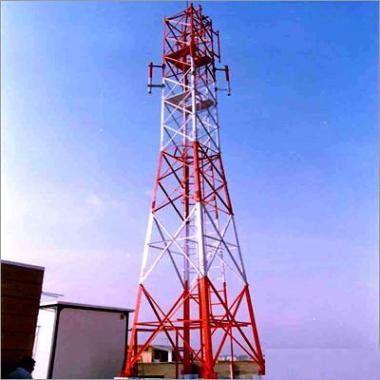  OpenSignal's first public report for India comes at an opportune time. The launch of Reliance Jio and its inexpensive all-inclusive service plans has shaken up the Indian mobile market, triggering a deluge of mobile data usage in a market that is still building out its mobile broadband infrastructure.
Drawing on 1.3 billion measurements collected between December 2016 and February 2017, OpenSignal took its first close look at the dynamics of mobile data in India, comparing the 3G and 4G experience of our 93,464 Indian smartphone users on the country's major operators.
Airtel tops all of OpenSignal's speed rankings
Airtel didn't just win our 4G speed award, it wound up on top of our 3G and overall rankings as well. We measured Airtel's average LTE download speed at 11.5 Mbps, which was 3 Mbps faster than the results we measured on its nearest rivals Vodafone and Idea.
Jio runs away with our LTE availability award
Jio may have only launched LTE in September, but its 4G service appears astonishingly pervasive. Our testers on Jio's network were able to find a 4G signal 91.6% of the time, an exceptional availability measurement by any global standard. In comparison, no other Indian operator scored higher than 60% in our availability tests.
4G speeds in India are still slow
While India's operators are competing heavily on speed, in the global scheme of things, India's 4G speeds are still quite low. In our speed analysis, all of India's operators fell well short of the 17.4 Mbps global average for 4G download speed.
A tight race for 4G dominance in four circles
OpenSignal took a closer look at four of India's most economically important regions to see how 4G services stacked up. We found Airtel, Vodafone and Jio all performed well in those select circles, though in different metrics.
With those precautions in place, OpenSignal is happy to present its first State of Mobile Networks report for India, which draws on more than 1.3 billion measurements conducted by 93,464 OpenSignal smartphone users between Dec. 1, 2016 and Feb. 28, 2017. For our national section, we ranked each of our six operators in six 3G and 4G metrics (though we only included them in technology categories in which they have networks). Furthermore, we decided to take a closer look at the 4G capabilities in four of India's most significant telecom circles: Delhi, Mumbai, Karnataka and Tamil Nadu. Let's kick things off by looking at our national data.
The first metric we examined was 4G availability, which is a measure of how often our users were able to find an LTE signal on the various operators' networks. In this category, Jio stood well ahead of the pack. Our testers were able to latch onto a Jio LTE connection 91.6% of the time nationally. That availability score isn't just impressive for India — more than 30 percentage points ahead of Jio's rivals — but it's an exceptional score on the global level. Only a handful of operators have crossed the 90% availability threshold, showing that Jio has lived up to its promises to build a far-reaching 4G service in a relatively short amount of time.
None of the three other 4G operators passed the 60% availability mark in our tests. Idea and Vodafone contested the second spot in our rankings, each averaging LTE availability metrics of 59%, while Airtel ranked in last place. Our users were able to make an Airtel LTE connection only 54.7% of the time. Though LTE availability in many countries is well ahead of what we see from these three operators, it's important to remember India has regulatory and competitive dynamics we don't see in other regions. LTE footprints are still expanding as operators move out of their traditional territories into new telecom circles. As this report is published, new LTE networks are just launching commercially in new cities and circles, while others are in earlier stages of deployment. Still, it's clear at this stage Airtel, Idea and Vodafone are still leaning heavily on their 3G services to pick up the 4G slack.
Next let's look at 4G availability's counterpart, 4G speed. Here we see our rankings reversed. Airtel excelled in our 4G speed tests, winning our LTE speed award with an average download connection of 11.5 Mbps. There was another close race between Vodafone and Idea in this metric, each averaging more than 8 Mbps in our LTE download tests. Meanwhile, Jio came in at the bottom of our rankings with an average measured download speed of 3.9 Mbps.
In the larger global picture, India's 4G speeds are still relatively slow. Our results for all four national 4G operators fell well below the global LTE download average of 17.4 Mbps. |